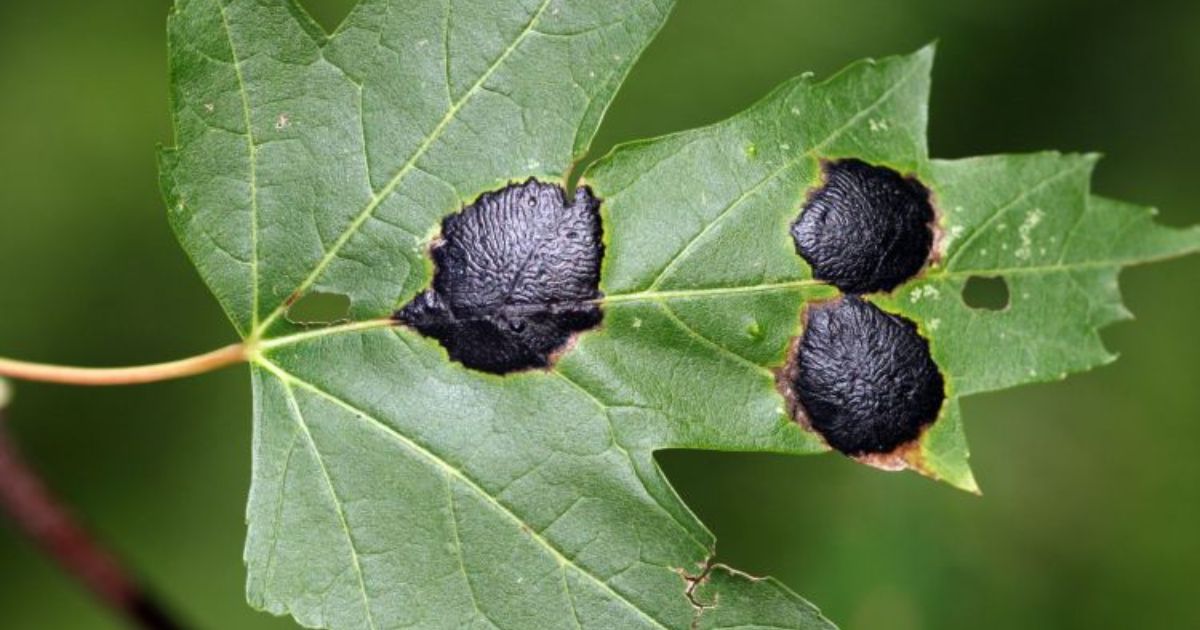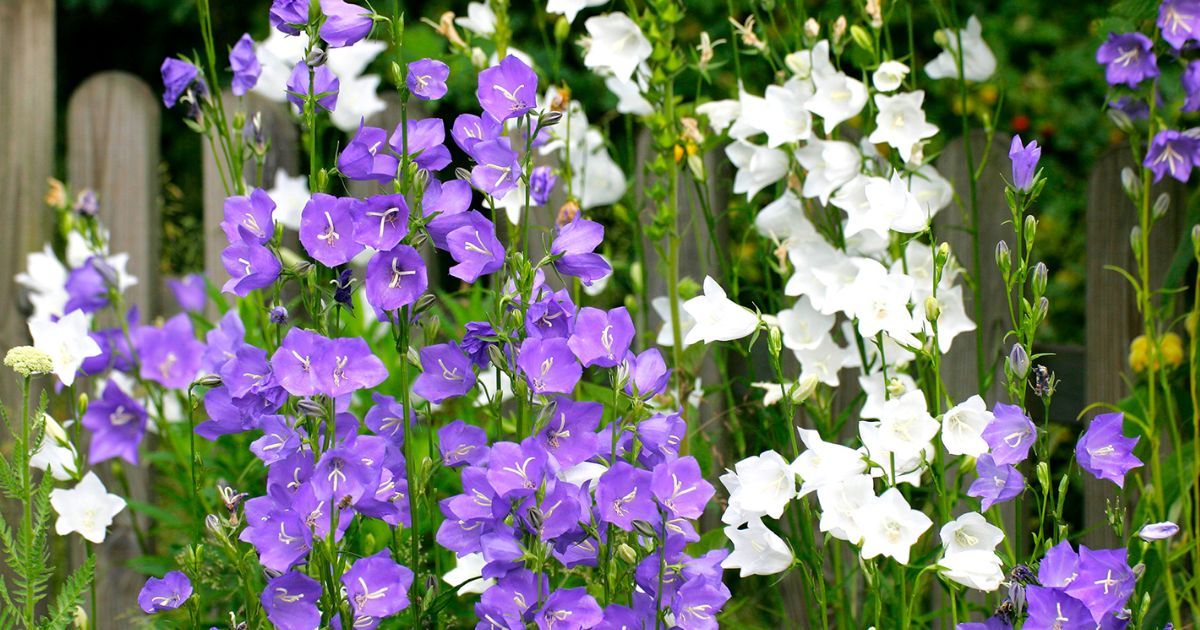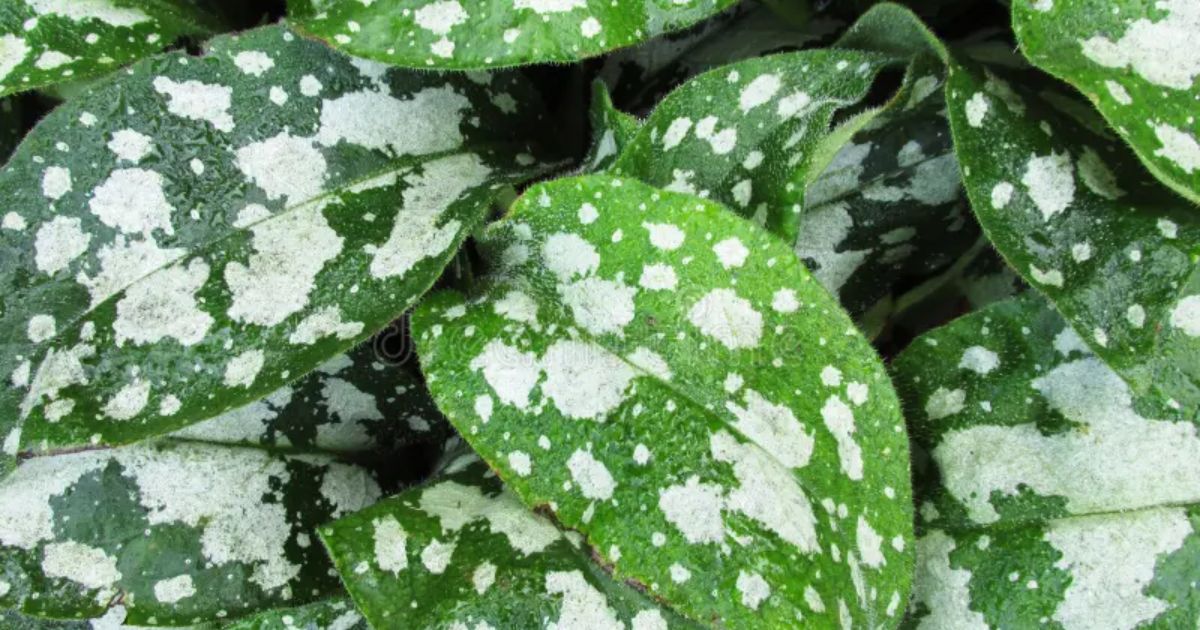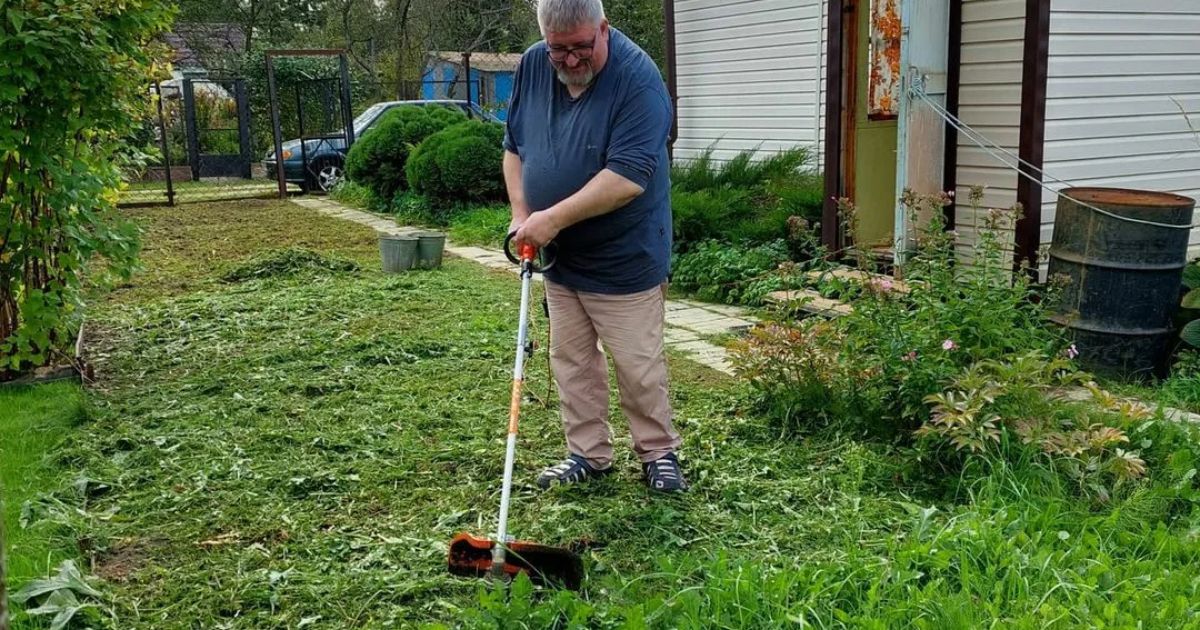In a world where chemical pesticides dominate the shelves, many gardeners seek safer, more eco-friendly alternatives to protect their plants. “DIY Ingredient Homemade Insecticide: Safe and Natural Solutions” offers a practical approach to pest control that is both effective and environmentally conscious. Unlike synthetic chemicals, homemade insecticides use natural ingredients that are safe for humans and pets and are beneficial to insects.
Homemade insecticides reduce your exposure to harmful toxins and promote a sustainable way of managing garden pests. By utilizing everyday items such as neem oil, garlic, and baking soda, you can create robust solutions to keep your garden thriving. In this guide, we’ll explore various DIY recipes and their benefits, helping you maintain a healthy, pest-free garden without compromising on safety.
Why Choose Homemade Insecticides?
Homemade insecticides have become increasingly popular among gardeners and homeowners seeking a safer, more natural way to combat pests. There are several compelling reasons to choose these DIY solutions over their chemical counterparts, with benefits ranging from environmental sustainability to cost savings.
Eco-Friendly and Biodegradable
One of the primary advantages of homemade insecticides is their eco-friendliness. Natural insecticides are biodegradable, unlike chemical pesticides, It may persist in the ecosystem and harm it over time. They break down easily, reducing pollution and minimizing harm to the soil, water, and surrounding ecosystems. This makes them an excellent choice for those who want to maintain a healthy, sustainable garden.
Safe for Humans, Pets, and Beneficial Insects
Safety is another critical factor in pest control. Chemical insecticides can pose significant health risks to people, animals, and helpful insects like ladybugs and bees. On the other hand, homemade insecticides use natural pesticides components that are safe to utilize and non-toxic around children and animals. They target harmful pests while sparing the beneficial ones, helping to maintain the delicate balance of your garden’s ecosystem.
Cost-effective and Easily Accessible
Cost-effectiveness is also a significant benefit of homemade insecticides. Most recipes require everyday household items such as soap, vinegar, or baking soda, which are much cheaper than commercial pesticides. Additionally, these ingredients are often readily available in your kitchen or can be purchased inexpensively from local stores. This accessibility makes it easy for anyone to whip up an effective insecticide without breaking the bank.
By choosing homemade insecticides, You help create a healthier environment in addition to safeguarding your garden environment and save money. It’s a win-win solution for anyone looking to manage pests naturally and effectively. growing asparagus in raised beds
Common Ingredients Used in Homemade Insecticides
Homemade insecticides rely on natural ingredients that are safe and effective in keeping pests at bay. These ingredients are often found in household kitchens and gardens, making them easily accessible for anyone looking to create pest control solutions. Natural insecticide Here are some of the most commonly used ingredients in homemade insecticides and their specific benefits:
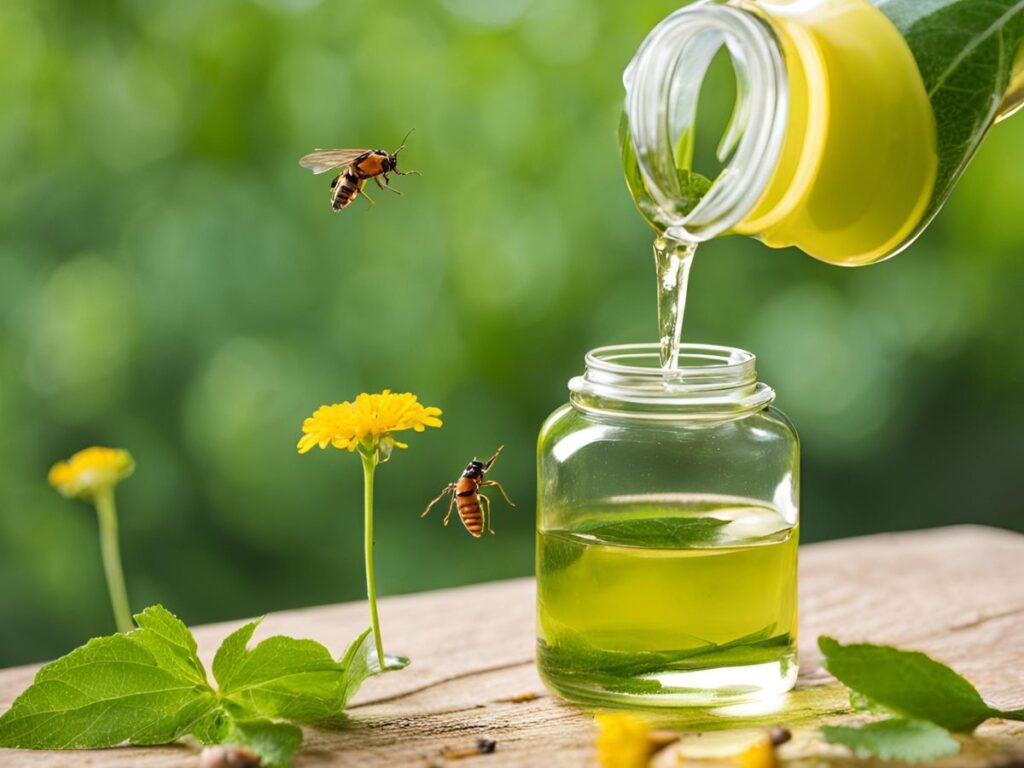
Soap
Mild soaps are a staple in many homemade insecticides. They break down the insect’s outer coating, leading to dehydration and death. Soap-based sprays are particularly effective against soft-bodied insects like aphids and spider mites. A gentle dish soap with water can help manage infestations without harming plants.
Neem Oil
Neem oil is a powerful insecticide natural made from the seeds of the neem tree. It has both insecticidal and antifungal properties, making it highly effective in managing a wide range of garden pests and diseases. Neem oil disrupts insects’ life cycles, preventing them from feeding, mating, and laying eggs while also controlling fungal infections.
Garlic
The pungent odour of garlic is a natural deterrent to many insects. Garlic repels pests such as aphids, beetles, lawn insect repellent and mosquitoes when used in homemade sprays. Its pungent smell makes it an excellent ingredient for keeping your garden pest-free without the need for harsh chemicals.
Cayenne Pepper
Cayenne pepper is another effective natural deterrent. Due to its spicy nature, it is known for its ability to ward off insects. When mixed with water and sprayed on plants, cayenne pepper can keep away pests like ants, caterpillars, and aphids, making it a valuable addition to homemade insecticides.
Essential Oils
Essential oils of peppermint and eucalyptus are widely recognized for its insect-repelling properties. When combined with water, these oils can produce sprays that deter pests such as mosquitoes, flies, and beetles. Their pleasant aroma is a bonus for gardeners seeking a fragrant, pest-free environment.
Baking Soda
Baking soda is primarily used to control fungal infections in plants. It works well as a fungicide due to its alkaline composition, which inhibits the growth of mildew and other fungal infections. Plants can be protected from fungal infections by spraying them with baking soda and water.
Vinegar
Vinegar is effective against various garden pests, including ants and fruit flies. Its strong acidity can disrupt insects’ sensory perception, keeping them away from plants. Vinegar can be used as a safe and natural pest control insect repellent when diluted with water.
Tobacco
Tobacco contains nicotine, which is toxic to many insects. Organic insect killer concentrate A tobacco-based spray can be used to control pests like aphids and caterpillars. However, caution should be exercised as nicotine can also harm beneficial insects. It’s best used in moderation and targeted applications.
Using these everyday ingredients, you can create a range of effective homemade insecticides that are safe for your garden and the environment. Each ingredient offers unique properties, offering various options for natural pest control.
DIY Ingredient Homemade Insecticide Recipes
Creating your own homemade insecticides is straightforward and allows you to control pests natural pest control and safely. Below are some simple and effective recipes using common household ingredients. These solutions are easy to make and apply and offer a chemical-free alternative to protecting your plants.
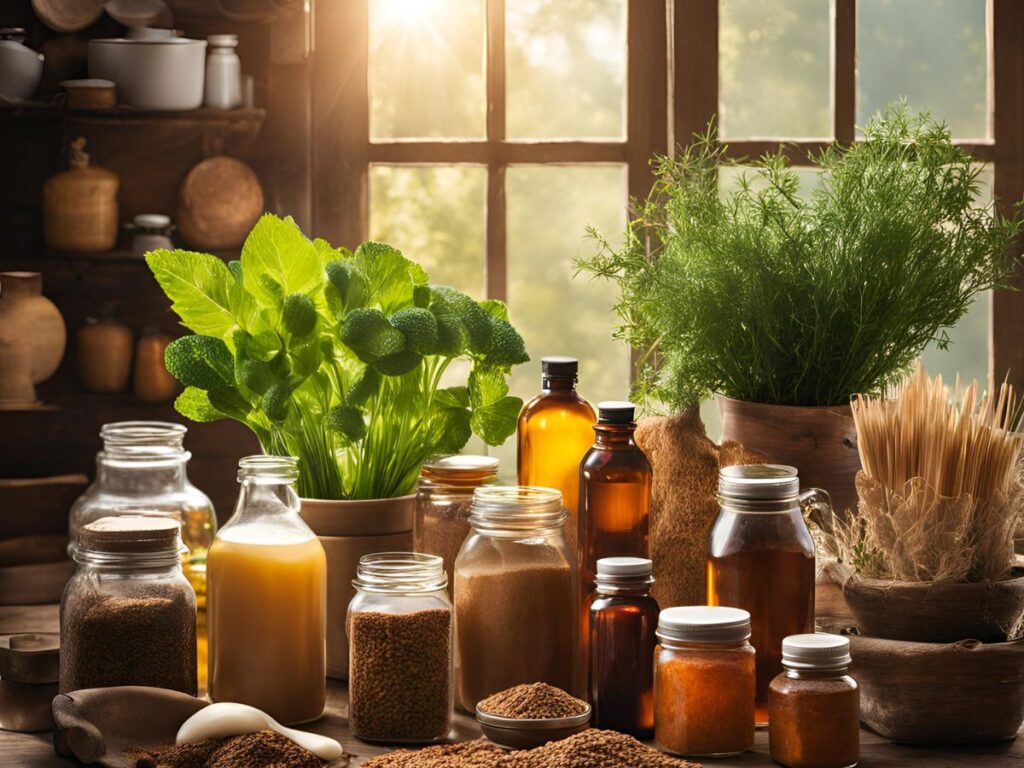
1. Soap and Water Spray
Ingredients: Dish soap, water.
Instructions: Mix a tablespoon of dish soap with a litre of water. Apply the solution directly to the pests on your plants after pouring it into a spray bottle. By dissolving the insects’ outer layer, this mixture dehydrates and kills them. It’s particularly effective against soft-bodied insects like aphids and spider mites.
2. Neem Oil Spray
Ingredients: Neem oil, water, mild soap.
Instructions: Combine a teaspoon of neem oil with a litre of water and a few drops of mild soap to help the oil mix with the water. Give the solution a good shake, then mist your plants with it, paying particular attention to the leaf undersides, which are good places for pests to hide. Neem oil is a garden bug killer insecticide with antifungal and insect life cycle disruption qualities.
3. Garlic and Pepper Spray
Ingredients: Garlic cloves, cayenne pepper, water.
Instructions: Blend a few garlic cloves with a teaspoon of cayenne pepper and a litre of water. Strain the mixture to remove solids, then pour the liquid into a spray bottle. Apply this potent mixture to repel pests like aphids and beetles. The organic pesticides pungent smell of garlic and the spiciness of cayenne pepper make this an effective natural deterrent. The Best Steps To Evergreen Ground Cover
4. Baking Soda Fungicide
Ingredients: Baking soda, water.
Instructions: A spoonful of baking soda should be combined with a litre of water. Spray the solution onto plants affected by fungal infections, such as powdery mildew. The pH level of the plant’s surface is raised by baking soda, creating an environment that is hostile to fungal growth.
5. Vinegar Ant Spray
Ingredients: Vinegar, water.
Instructions: In a spray bottle, combine equal parts water and vinegar. Mist this solution around areas infested by ants or other tiny pests. The strong acidity of vinegar disrupts insects’ sensory perception, keeping them away from your plants. This spray is also effective for use on garden paths and around plant pots.
These DIY insecticide recipes are a great way to keep your garden healthy and pest-free without resorting to harmful chemicals. With these natural solutions, you can protect your plants while promoting a safe and eco-friendly environment.
How to Apply Homemade Insecticides
Applying homemade insecticides correctly ensures their effectiveness while protecting plants from potential harm. Here are some tips on the best times and methods for using these natural solutions. what fruit can boost wetness?
Best Times for Application
Early Morning or Late Evening
The ideal time to apply homemade insecticides is either early in the morning or late in the evening. During these more remarkable parts of the day, the sun’s intensity is lower, reducing the risk of sun damage to your plants. Homemade pesticide for plants Applying insecticides under the hot sun can cause the solution to evaporate quickly, diminishing its effectiveness and potentially scorching the plants.
After Rainfall
It’s best to apply insecticides after rainfall. Rain can wash away any insecticide on the plants, so reapplying ensures the solution remains effective. Wet leaves can help the insecticide stick better, providing thorough coverage.
Methods for Application
Test on a Small Area
Before applying your homemade insecticide to the entire plant, it is essential to test it on a small area first. This stage makes sure the remedy doesn’t harm the plant. Wait 24 hours after the test application to check for any adverse effects, such as leaf discolouration or wilting. If the plant shows no negative signs, you can apply it fully.
Spray Evenly
When applying the insecticide, spray it evenly across the plant, including the undersides of leaves where pests often hide. Make use of your spray bottle‘s fine mist setting to cover as much surface area as possible without soaking the plant. Ensure that the insecticide reaches all parts of the plant for maximum effectiveness.
By following these guidelines, you can ensure that your homemade insecticides are applied to maximize their advantages while lowering any possible hazards to your plants. Regular and proper application will help keep your garden healthy and pest-free naturally.
Safety Tips When Using Homemade Insecticides
While homemade insecticides are generally safer than chemical alternatives, it’s essential to follow some key safety tips to ensure they are used effectively and without harm to your plants, family, or the environment.
1. Ensure Correct Dilution to Prevent Plant Damage
One of the most critical steps when using homemade insecticides is to ensure proper dilution of the ingredients. Your plants may suffer harm if you use an overly concentrated solution, such as leaf burn or discolouration. Always follow the recommended ratios for each recipe and mix the ingredients thoroughly with water. Testing the solution on a small part of the plant before complete application can help prevent potential harm.
2. Store Solutions Safely, Away from Children and Pets
Although homemade insecticides are made from natural insecticides ingredients, they can still be harmful if ingested or mishandled. It’s essential to store these solutions in labelled containers and keep them out of reach of children and pets. If possible, store them in a cool, dry place, securely closing the containers to prevent accidental spills or exposure.
3. Avoid Overuse to Maintain Ecological Balance
Overusing insecticides, even homemade ones, can disrupt the ecological balance in your garden. Predatory wasps, ladybugs, and bees are examples of beneficial insects that are essential to keeping a garden healthy ecosystem by controlling pest populations naturally. Applying insecticides too frequently or in large quantities can harm these beneficial insects and lead to an imbalance. Use homemade insecticides only when necessary and target specific problem areas to minimize their impact on the overall environment. preserving vegetables for winter
By following these safety tips, you can use homemade insecticides responsibly and effectively, ensuring your garden’s health and the household’s safety.
Conclusion
Homemade insecticides offer a range of benefits, from being safe for people and animals and environmentally friendly to being cost-effective and easy to make. These natural solutions allow gardeners to control pests sans dangerous substances, guaranteeing a more secure atmosphere for beneficial insects and the overall garden ecosystem.
When using homemade insecticides, experiment with different recipes to find the ones that work best for your needs. Whether a simple soap and water spray or a potent garlic and pepper mixture, there’s a natural solution for nearly every pest problem.
Emphasizing the importance of natural pest control helps maintain a healthy and thriving garden ecosystem. By adopting these safe and sustainable practices, you contribute to the well-being of your garden while protecting the environment for future generations.
FAQs
1. What are the benefits of using homemade insecticides?
Homemade insecticides are eco-friendly, biodegradable, and safe for humans, pets, and beneficial insects. They are also cost-effective and easy to make using common household ingredients.
2. Are homemade insecticides safe for all plants?
While homemade insecticides are generally safe, some plants may be sensitive to specific ingredients. It’s recommended to test the To make sure it won’t harm the plant, apply the solution to a small section of it first.
3. How often should I apply homemade insecticides?
The application frequency depends on the pest type and the infestation level. Generally, applying every 7 to 10 days or after rainfall is adequate. Avoid overuse to maintain ecological balance.
4. Can homemade insecticides harm beneficial insects?
Yes, overusing insecticides can harm beneficial insects like bees and ladybugs. To minimize this risk, apply the insecticide only to affected areas and avoid spraying when beneficial insects are active.


